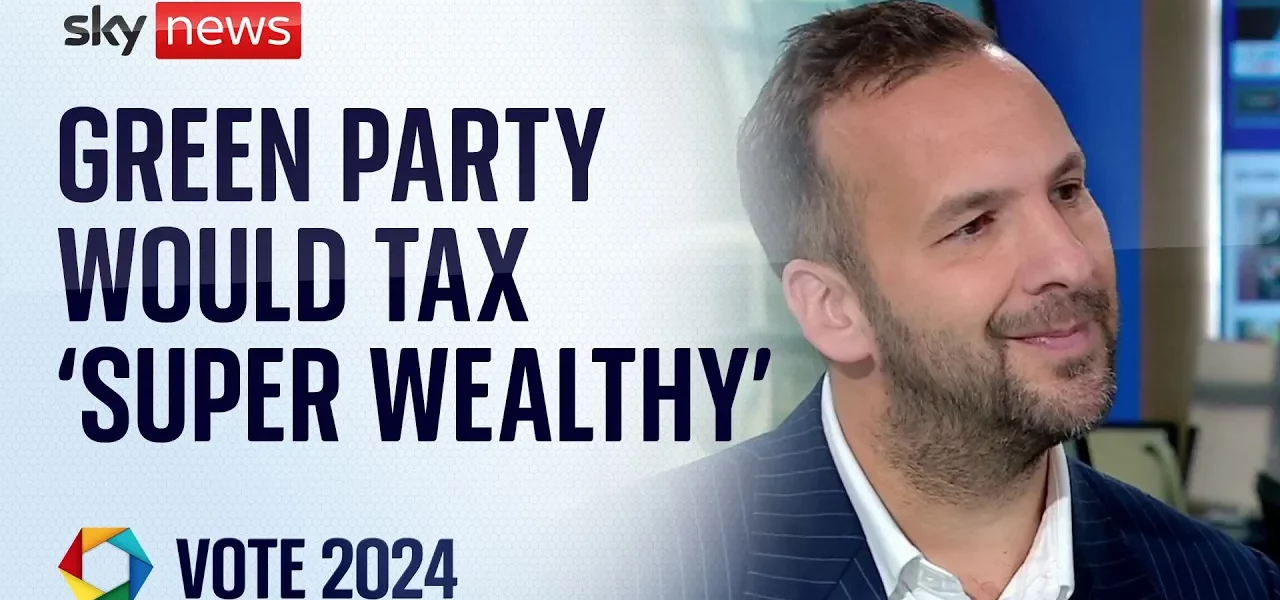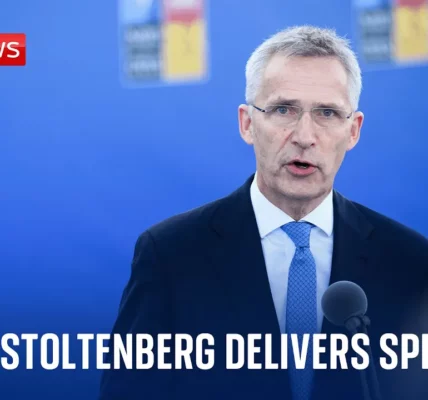Funding the NHS: A Call for Change and Investment

The National Health Service (NHS) in the UK has faced significant challenges over the last 14 years due to austerity measures and underinvestment. This article delves into the proposed solutions for funding the NHS, including taxation of the wealthy, and the implications of these policies for public health care.
Introduction
The NHS, a cornerstone of Britain’s public health system, has been under strain due to prolonged austerity measures that have led to a decline in service quality and availability. Patients have reported difficulties in accessing timely care, particularly in securing appointments with General Practitioners (GPs). This situation has prompted calls for substantial financial investment to restore and enhance the capabilities of the NHS. Understanding where this funding will come from is crucial in addressing the systemic issues that have plagued the healthcare system.
The Need for Increased Funding
For over a decade, the NHS has experienced significant funding shortages, leading to a variety of negative outcomes, including:
- Longer waiting times for patients.
- Inadequate resources for healthcare professionals.
- Increased reliance on private healthcare solutions.
These challenges have been exacerbated by previous policies such as Private Finance Initiatives (PFIs), which have left many trusts with crippling debts. To counter these issues, a bold approach to funding is necessary, including a proposed additional £50 billion per year by 2030.
Proposed Taxation Solutions
To secure the necessary funding for the NHS, a taxation strategy aimed at the wealthy is being proposed. This would involve:
1. Taxing Multi-Millionaires
A modest tax of 1% on assets exceeding £10 million is suggested. This could generate significant revenue to support public services.
2. Adjusting Capital Gains Tax
Currently, capital gains tax is lower than income tax for unearned income. Aligning these taxes could strengthen the tax base. This adjustment is expected to raise an additional £40 to £60 billion annually.
3. Perspectives from Wealthy Individuals
A group of patriotic millionaires has expressed support for higher taxes on wealth, arguing that a more equitable society benefits everyone. Their willingness to contribute more is centered on:
- Enhancing public services.
- Reducing inequality.
- Promoting social stability.
Addressing Concerns about Capital Flight
One major concern regarding increased taxation on the wealthy is the potential for capital flight—wealthy individuals leaving the country to avoid taxes. However, analysis suggests that:
- Many wealthy individuals are deeply rooted in their communities, valuing family ties and cultural connections over mere financial considerations.
- The risk of capital flight may be overstated, as investment decisions are often influenced by factors beyond tax rates.
Engaging in a national dialogue about the responsibilities of wealth and the benefits of investing in public services is crucial.
Political Landscape and Public Perception
The Green Party’s approach to healthcare policy is indicative of a broader shift in political dialogue. With a commitment to increasing the number of Green MPs in Parliament, the party aims to:
- Advocate for sustainable healthcare policies.
- Challenge existing power structures.
- Increase public awareness of critical health issues.
This political momentum demonstrates the necessity of addressing public health as a priority, influencing both policy and public sentiment.
Conclusion
In conclusion, the need for increased funding for the NHS is urgent and multifaceted. By implementing a fair taxation system targeting the wealthy, the government can secure the necessary resources to provide adequate healthcare for all citizens. This approach aligns with the values of a just society and emphasizes the importance of collective responsibility in addressing public health needs. As we move forward, it is crucial for citizens to engage in discussions about these policies and advocate for a healthcare system that prioritizes dignity and care for everyone.
For more information on healthcare policies and their implications, visit our related articles on healthcare policy and taxation solutions.
“`




